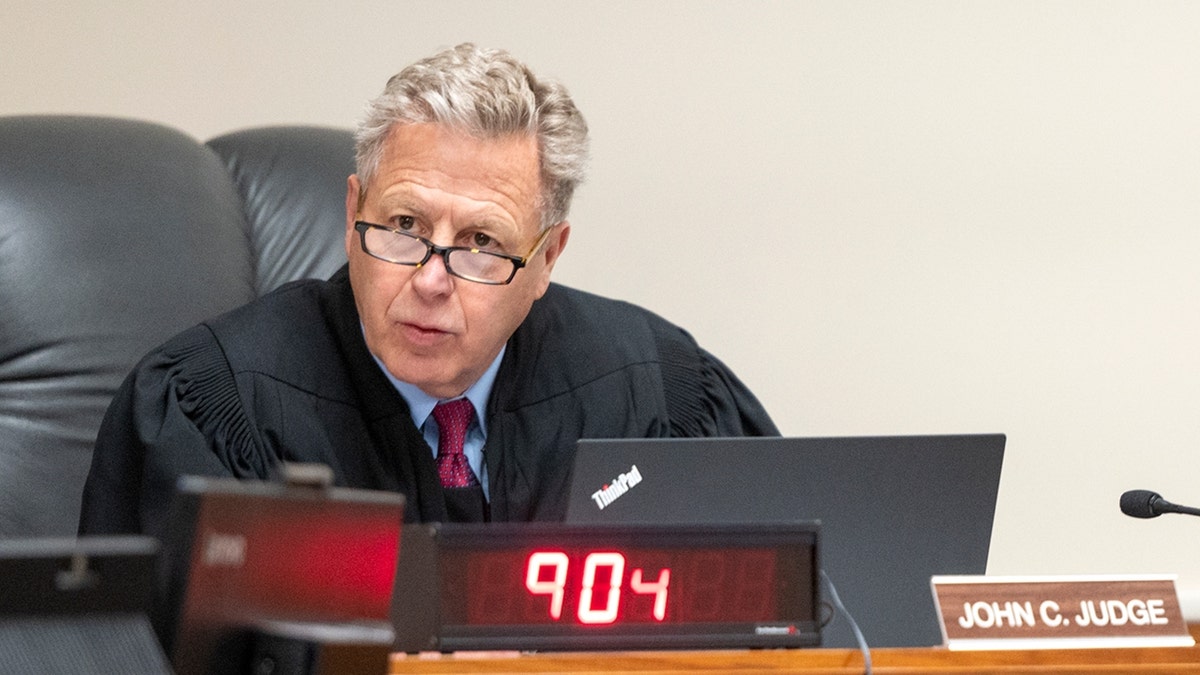A federal judge has temporarily blocked Arizona's enforcement of a law prohibiting transgender girls from participating in girls' school sports teams. This preliminary injunction comes as a lawsuit, representing two transgender girls, challenges the state's "Save Women's Sports Act," enacted last year. The lawsuit contends that the law violates both federal Title IX, which prohibits sex discrimination in federally funded schools, and the equal protection clause of the U.S. Constitution.
State Superintendent of Public Instruction Tom Horne, a defendant in the case, expressed his intent to appeal the decision, stating confidence in a favorable ruling from the U.S. Supreme Court. Arizona joins a growing number of states and school districts implementing laws that restrict student access to sports teams or facilities based on assigned sex at birth, rather than gender identity.
The plaintiffs in the Arizona case are a 15-year-old volleyball player and an 11-year-old aspiring soccer, basketball, and cross-country runner, identified in court documents as Jane Doe and Megan Roe. Both families expressed satisfaction with the court's decision. Jane Doe's parents, in a statement released through the National Center for Lesbian Rights, expressed relief that the judge recognized the harm caused by the rhetoric surrounding this issue. Arizona officials, however, maintain that the law promotes fairness in girls' sports, citing Title IX's intention to create equal opportunities. Horne previously argued that allowing biological boys to compete in girls' sports creates a disadvantage for girls who have trained extensively.
Judge Jennifer G. Zipps, in her ruling, stated that there was no evidence to support the claim that allowing the children, who are receiving puberty blockers for gender dysphoria, to participate in girls' sports would create an athletic advantage or pose a safety risk. The judge emphasized the potential for severe emotional, physical, and mental harm if the children were forced to play on boys' teams, citing medical consensus on the innate nature of gender identity. The ruling also highlighted the plaintiffs' need to live as girls in all aspects of their lives for their mental well-being.
Advocates for LGBTQ+ rights view such legislation as discriminatory attacks disguised as child protection measures, arguing that transgender individuals are being used as political tools. This Arizona case follows similar legal challenges in other states, including a recent case in Wisconsin where a similar measure was blocked. The legal battles surrounding transgender athletes' participation in sports continue to unfold nationwide.









